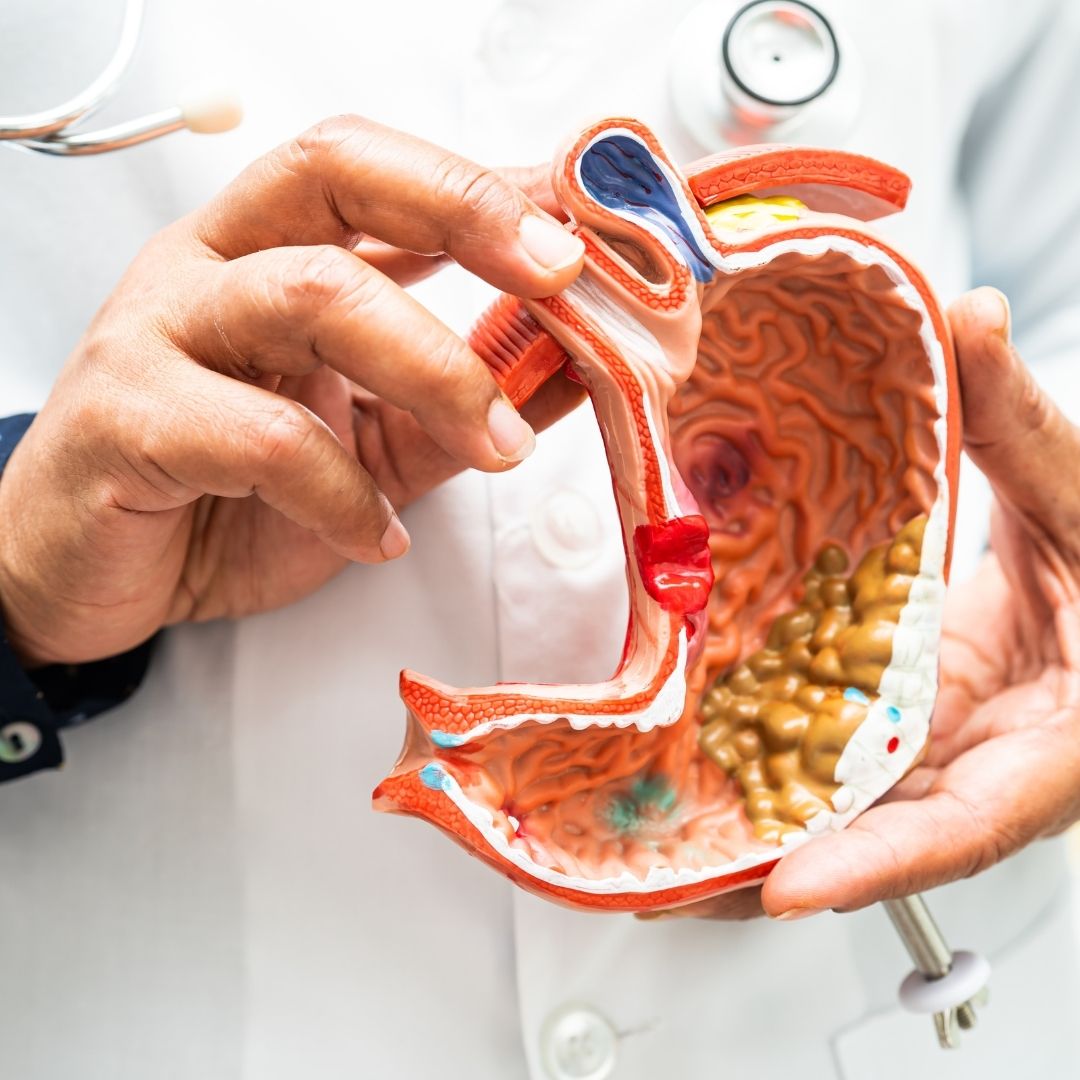- Immediately Following Gastric Sleeve
- Pain Relieving Advice in 3 months after Gastric Sleeve
- Activity after Gastric Sleeve

Gastric Sleeve 3 Months
If you are planning to have a gastric sleeve operation it is crucial to be aware of the necessary lifestyle changes and adjustments that you are behooved to make following surgery.
Knowing what to expect after the surgery can assist you to optimize your recovery and weight loss. This article will ensure an inside look at the first 3 months after the gastric sleeve procedure. In this article, we will discuss postoperative management and recovery, physical activity, wound care, weight loss, diet, and fluid intake.
Post-op Management and Recovery For Gastric Sleeve Three Months

Immediately Following Gastric Sleeve
A study published by obesity surgery proposes that if you have an open sleeve gastrectomy operation your hospital stay will be around 2-4 days after surgery. If you have a laparoscopic sleeve gastrectomy you will presumably have a shorter hospital stay. If you experience difficulties your hospital stay may need to be extended. In your hospital room following the procedure, you can anticipate being monitored by a team of nurses and other healthcare providers.
To increase your recovery in the hospital you will be encouraged to make deep breathing exercises, cough, do leg movements, and get up out of bed. These exercises and movements can assist to abrogate excess CO2 from the abdomen following laparoscopic operation and increase circulation which will promote a speedy recovery.
Pain Relieving Advice in 3 months after Gastric Sleeve
Pain management is crucial following surgery. You may have pain from a variety of causes. Pain at the incision site, pain while resting in different positions, abdominal ache, and shoulder pain are in general. Also, you may experience pain while moving or walking around following the operation. It is essential to manage your pain to a level that allows you to let in the necessary rehabilitation activities.
Activity after Gastric Sleeve
Immediately after surgery, little movement and walking are highly encouraged. Post-operative movement and exercise can help to support circulation, discourage the formation of blood clots, and enhance healing.
Weight Loss Percentage Rate After Gastric Sleeve
Your weight at each stage of your journey depends on many factors, such as the surgeon’s skills, starting weight, diet, lifestyle, age, race, and health-related problems.
Expected Rate of Weight Loss 3 Months After Gastric Sleeve
You will continue the post-op diet and gradually transition from liquid to pure food. As a result, you can anticipate a quick surge in your weight loss in the first 3 months after surgery. You could lose an average of 25-35% excess weight – between 30 and 40 pounds.
Expected Rate of Weight Loss 6 Months After Gastric Sleeve
At this stage of your journey, your weight loss continues but at a lower tempo. In 6 months after the surgery, you will lose an average of 45-55% of your body's nimiety weight – an average of one to two pounds per week.
Expected Rate of Weight Loss 1 year After Gastric Sleeve
You should be getting close to your aimed weight in one year after sleeve surgery, of course, not everyone loses all the exorbitant weight in this stage. You will lose an average of 65-70%* of your body's excess weight.
Expected Rate of Weight Loss in Gastric Sleeve 18 Months
Anticipate your weight loss to level off in 1.5 years after undergoing the sleeve procedure. Usually, you can expect to lose 70-80% or more of your excess weight in 18 months.
How Much Should I Be Eating 3 Months Post Op Gastric Sleeve Surgery?
Depending on your surgeon’s advice, you may eat two servings of protein and two servings of vegetables daily. Before you can start solid foods, your specialist and dietitian must approve your diet. It is best to reserve liquids from solids, and you should abstain from eating too many oily and fried foods during this process. Some medications and vitamins should also be ceased before your operation, or if necessary, tapered down to a lower dose.
If you were extremely obese before your operation, your liver may be larger than general. This can make the surgery harder and more hazardous. To diminish the risk of complications, a strict diet is necessary three weeks before operation. The surgeon will recommend a diet that will help your body recover and dispose of a new, healthier eating habit. As long as you continue to apply the instructions carefully, you should eat plenty of fresh fruits and vegetables, and stop your intake of alcohol.
How Many Calories Will I Need to Consume After Gastric Sleeve?
Gastric Sleeve reduces the amount of food you can eat. But, it does not affect the nutritional quality of the food you consume. Counting calories is helpful since the lowest calorie choices are not always the most food. Because the quantity is limited, we need to focus on ensuring the quality is high. If you must have a calorie aim range to keep you on track.
Ordinary calorie intake for the first week after surgery is almost 400 kcal/day. As previously mentioned, you will be provided with a post-surgery diet plan which will likely be entirely liquid to aid in the gastrointestinal curing process. Your diet will advance, and you will progress from pureed to soft foods before resuming a solid food diet plan. By weeks 3-4, your calorie range will be 600-800 kcal/day, and you should purpose for 60-80 grams of protein for a day. Several months after surgery, patients should consume 1,200-1,500 kcal/day, still focalizing on 60-80 grams of protein per day. Most patients will be eating approximately 1,500 to 1,800 kcal/day 6 months post-operatively and long-term. As you can see, your calorie intake will augment slightly as well.
Helpful Hints After Gastric Sleeve
Prevent snacking/grazing. Having a snack between meals when you are hungry is fine, but snacking or eating during the day because of boredom, tiredness, etc. may hinder your results and keep you from losing weight.
Consume protein first. Purpose to consume at least 60 grams of protein each day. Since you are eating less food, you will need to provide you get sufficient protein. Try including a good source of protein with each meal (eggs, lean meats, poultry, fish, beans, or low-fat dairy foods).
Eat gradually. Each meal should last 20-30 minutes. If you eat too fast, you can eat too much before you realize you're full. This can cause nausea, vomiting, and/or pain or strain in the shoulder or upper chest.
Eat small amounts. You should be eating no more than one cup of food per repast. If you are eating bigger portions, you risk gaining weight and stretching out your pouch in time. Using a food scale to weigh your food will assist.
Slowly present new foods. Try adding one new food at a time to decide which foods you can and cannot deal with. Certain foods may cause issues for you after bariatric surgery , though this will diversify from person to person. Your dietitian can help if you have concerns about specific foods.
Stop using sugar and avoid consuming too much fat. When applying a well-balanced diet with lean proteins, vegetables, low-fat dairy products, whole grains, and fruit, you won't have room for less nutrient-dense nutrition. Try following the 10 by 10 rule. Consume foods that have less than 10 grams of fat and 10 grams of sugar per serving.
Average Weight Loss 3 Months After Gastric Sleeve
Most gastric sleeve patients lose a par of 65-70% of their excess weight (EW) in a year – an average of 2-3 pounds per week. Patients lost up to 75% of their EW in two years. The resolution of comorbidities happens in just one to two years after gastric sleeve.
The most common measure of success after gastric sleeve surgery is the percentage of excess weight that is lost. When you see figures quoted by weight loss clinics, you will be looking at an average for all patients who had the process. The weight loss figures will generally be for the first 1-2 years after the operation. Weight loss is usually fast during this period, but it will then maintain more solely as long as you continue to watch what you eat.
But, it is crucial to remember that these figures are averages, so there is no guarantee that you will succeed in this amount of weight loss. You might lose weight more slowly or start putting the weight back on if you quit continuing your diet. However, you could also get that you lose weight more quickly than other people.




